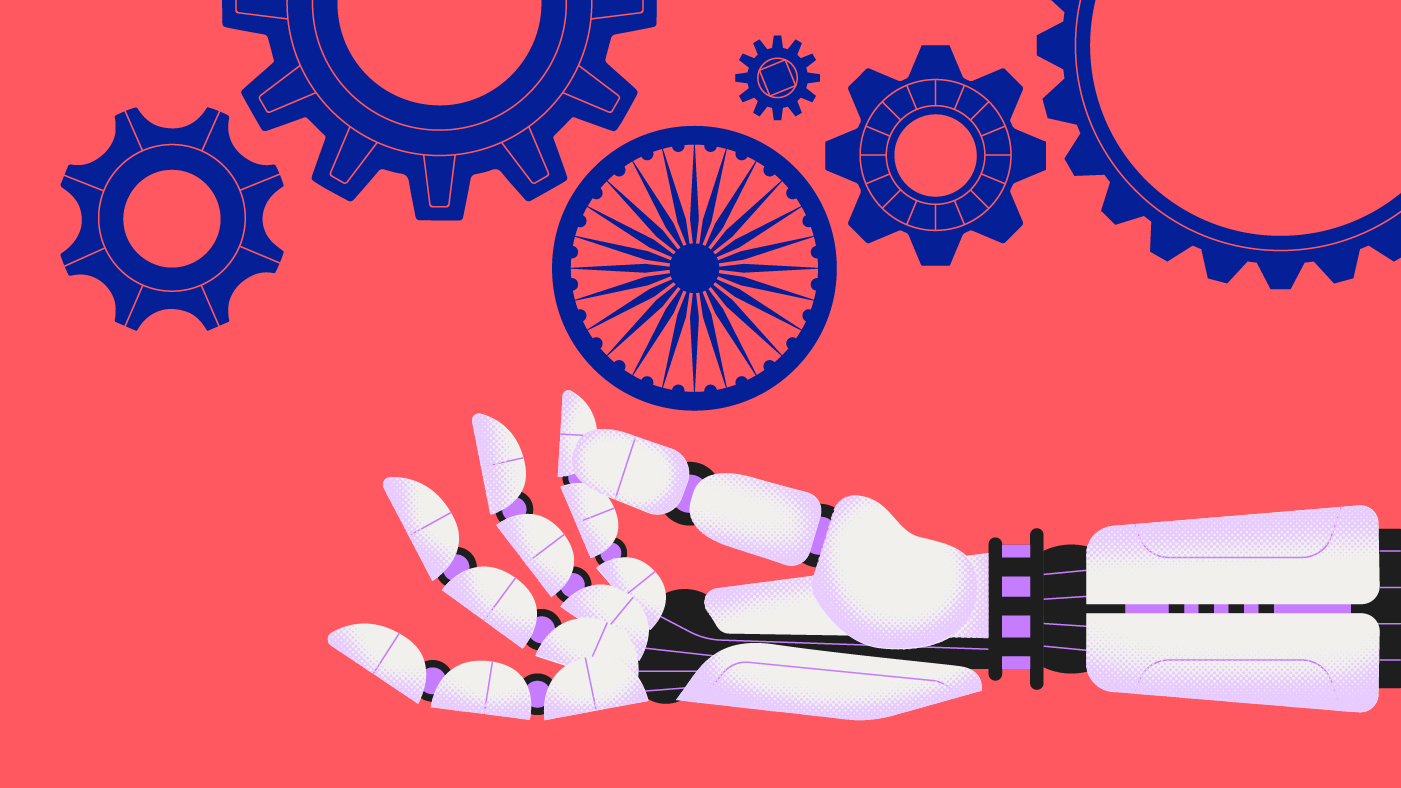What is SaaS Model?
The SaaS (Software as a Service) model is a cloud-based software distribution model where software applications are hosted by a service provider and made available to customers over the Internet. In the SaaS model, customers subscribe to the software, typically on a monthly or annual basis, rather than purchasing it outright. This model allows for easier updates, maintenance, and scalability compared to traditional on-premise software.
SaaS applications are used across various industries and functions, including CRM, project management, accounting, and collaboration tools. The SaaS model is particularly popular in the B2B sector, but it is also widely adopted by consumer-oriented applications.
Key Characteristics of the SaaS Model
- Subscription-Based: Customers pay a recurring fee for access to the software, which can vary based on usage or features.
- Cloud-Hosted: The software is hosted on the provider’s servers, and users access it via a web browser or app, eliminating the need for local installation.
- Automatic Updates: SaaS providers handle all updates and maintenance, ensuring that users always have the latest version of the software.
- Scalability: SaaS products are easily scalable, allowing businesses to adjust their usage based on their needs.
Challenges of the SaaS Model
- Data Security: Storing sensitive data in the cloud can raise security and privacy concerns for some customers.
- Internet Dependence: SaaS applications require a stable internet connection, which can be a limitation in certain environments.
FAQ
1. What are the benefits of the SaaS model for businesses?
The SaaS model offers numerous benefits, particularly in terms of flexibility and accessibility. Since SaaS software is cloud-based, it can be accessed from any device with an internet connection, making it perfect for remote teams and employees in different locations. Businesses also avoid the need for software installation and management, saving time and reducing hassle.
Cost is another big reason why businesses love the SaaS model. Instead of paying a large upfront fee to buy software, businesses subscribe to it on a monthly or yearly basis. This subscription-based pricing makes it easier to manage budgets, as companies only pay for what they use.Additionally, automatic updates ensure that businesses always have access to the latest features without manual installation.
2. How does the SaaS model compare to traditional software licensing?
When comparing the SaaS model to traditional software licensing, the differences are quite clear. Traditional software often comes with a big one-time purchase fee and needs to be installed on a company’s own computers or servers, which usually means extra costs for hardware and IT support. Keeping the software up-to-date also requires manual upgrades, which can take up a lot of time and sometimes add to the costs.
On the other hand, SaaS operates on a subscription basis, so businesses make smaller, regular payments instead of one large upfront investment. The software itself is hosted in the cloud, which eliminates the need for local installations and reduces the need for specialized IT equipment. Plus, all updates and maintenance are taken care of by the SaaS provider, making sure businesses can always work with the most current version without any disruptions. This flexibility and lower demand for in-house IT resources make SaaS a more attractive option for many companies.
3. What are the challenges and risks associated with SaaS?
Despite all its benefits, the SaaS model isn’t without its challenges and risks. One of the most significant concerns for businesses revolves around data security. Because SaaS products store data in the cloud, there are concerns about how secure that data really is and whether it might be vulnerable to unauthorized access.
Another challenge is the reliance on internet connectivity.As SaaS applications are web-based, a stable and reliable internet connection is essential. Any disruption in the internet service, such as a slow connection or downtime, can lead to work interruptions.
Although SaaS is generally easy to scale, choosing the right plan and features that fit the specific needs of a business still requires some thought to avoid overspending while maximizing value.


